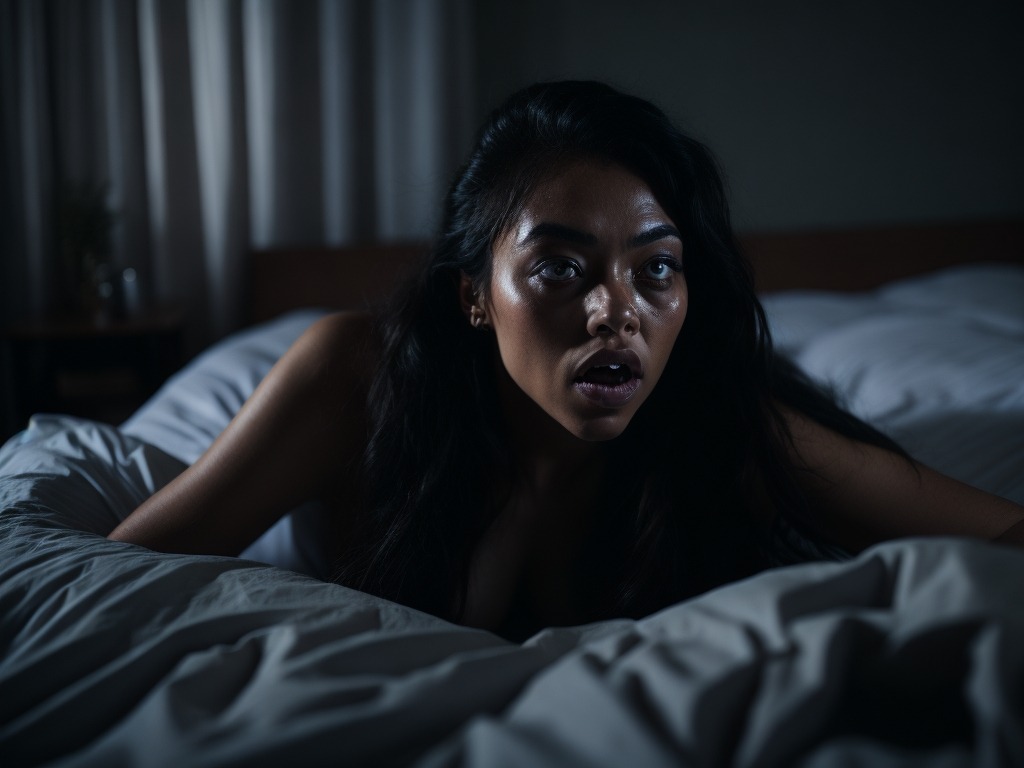Between wakefulness and sleep, there is an intermediate state during which a person may see various images, hear sounds, or feel someone’s presence or touch. Less commonly, tastes or smells may be encountered, and even out-of-body experiences occur. Researchers from Switzerland, Romain Ghibellini and Beat Meier, named this state hypnagogic and compared it with related phenomena, including dreaming and sleep paralysis (SP).
The authors’ study involved nearly 4,500 participants, and over 80% reported experiencing hypnagogic states. However, scientists object to calling these states hallucinations, as this term is often used in scientific circles to describe hypnagogic states. The authors believe that hallucinations occur while one is awake, are pathological, and affect a person’s self-perception. Additionally, they are typically experienced while a person’s eyes are open. Because everything is the opposite in hypnagogic states, they should not be stigmatized.
Kinesthetic sensations are the most common, followed by visual images and sounds. Other variations, such as tastes and smells, are more of an exception than the rule. Most cases were recorded while participants were falling asleep, while a few occurred upon awakening. A few of these experiences happened during the day, during moments of tiredness and drowsiness.
The researchers note the similarity between hypnagogic states and SP, highlighting that episodes of SP can include hallucinations. Both phenomena occur during the transition between wakefulness and sleep. However, SP is less common and usually induces fear, whereas hypnagogic states are generally emotionally neutral and resemble ordinary dreams.
Interestingly, women reported entering hypnagogic states more frequently than men. Overall, women are more inclined to pay attention to the realm of dreams, remember them, and recount their experiences. Moreover, women more often assessed their experiences as negative, irritating, and vivid; nevertheless, they scored higher on scales of anxiety and neuroticism compared to men. Another intriguing fact is that the more frequently a person experienced hypnagogic states, the more pleasant they became.
Have you ever experienced hypnagogic states? Did they differ from phase states (lucid dreams, SP, out-of-body experiences, etc.)?
This article was published in October 2023 in Consciousness and Cognition.
Get all the latest news about lucid dreams via our channels on Telegram, Facebook, Twitter




